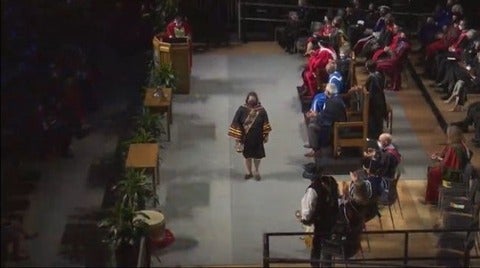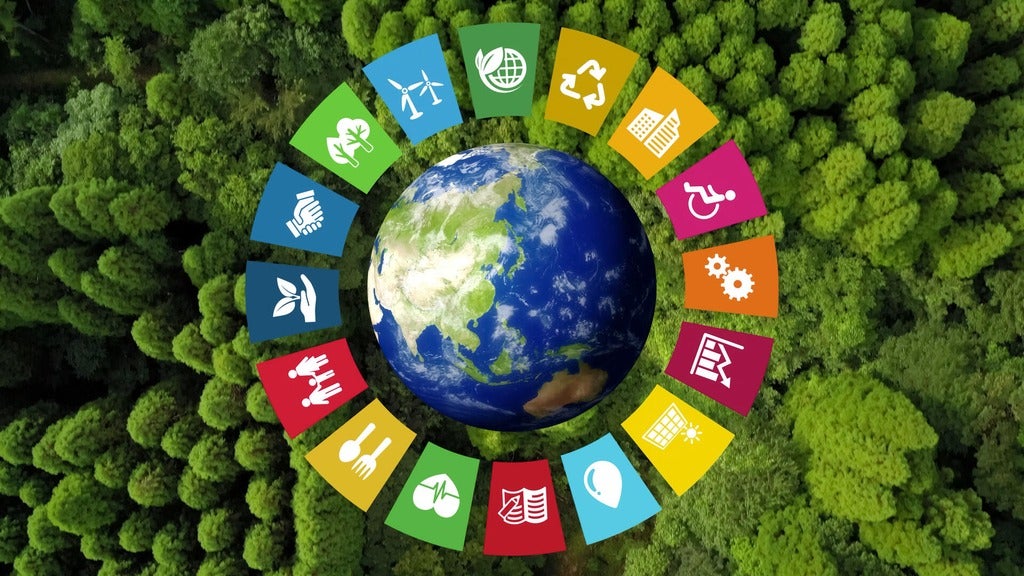University of Waterloo team receives funding to investigate the lack of family-sized apartment housing in Waterloo
Three researchers from the University of Waterloo’s Faculty of Environment have been awarded funding from the Social Science and Humanities Research Council of Canada (SSHRC) to work with the community to investigate the lack of family-sized apartment housing despite the recent building boom in the Region of Waterloo.









